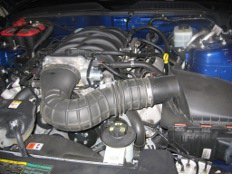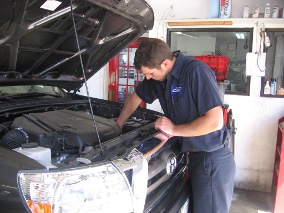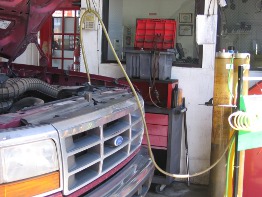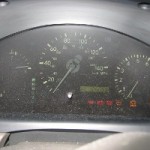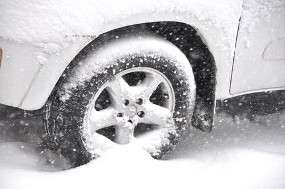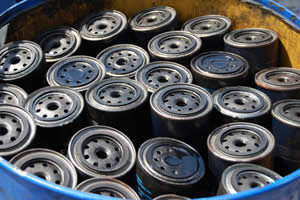Even though it has only been a few weeks since Punxsutawney Phil saw his shadow and so determined that we would have six more weeks of winter. This is the perfect time to bring your car in and have the air conditioning serviced or repaired. If you bring it in now it will save you the worry of whether or not the air conditioning will work when the weather gets warmer. And it’s also a good idea to have your car air conditioning system checked out once a year just so you can avoid major or costly repairs.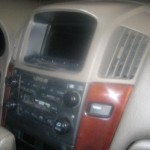
We don’t “top off” your air conditioning system when you bring in your vehicle because your technician has no way of knowing exactly how much Freon is left in your car’s system. If he tops off the system, he is relying only on his experience to guess how much Freon is needed to charge the system, which may or may not be correct. So in order to do what is best for your vehicle we will perform an evacuation and recharge service. During an evacuation and recharge, all the remaining Freon is extracted from the system, so then the technician can charge the system with the exact amount of Freon recommended by the vehicle’s manufacturer, then there is no guess work involved. Another reason some technicians recommend an evacuation and recharge is because they believe it is better for the air conditioning system to have clean Freon running through it.
As well as checking the Freon level, your hoses and valves need to be checked to make sure there aren’t any leaks. Even the smallest leak can cause a major problem. So don’t wait around until you can’t live without your air conditioning before you get it in for repair!
For all of your Denver Auto Repair needs, trust Express Car Care. Call (303) 691-2760 or stop by our shop today.

